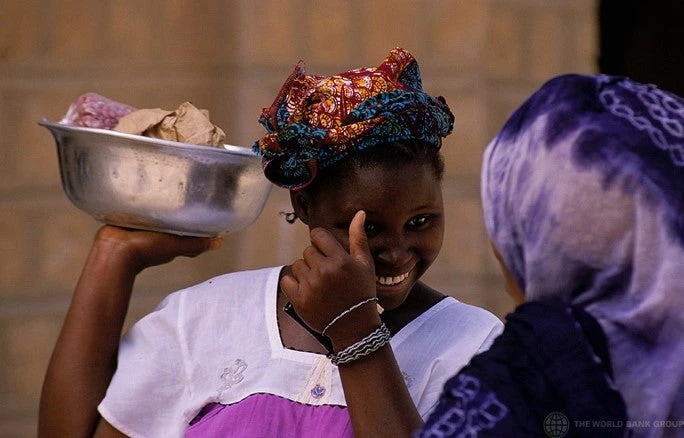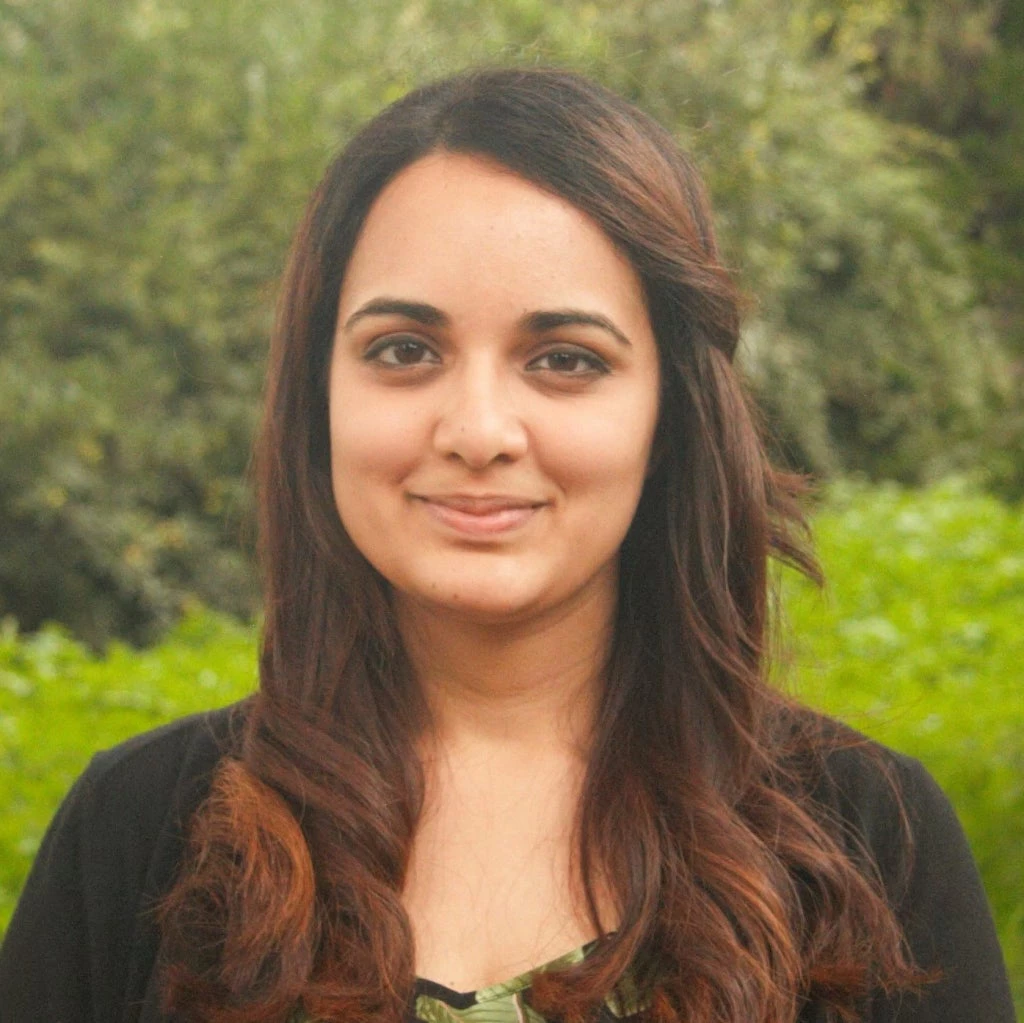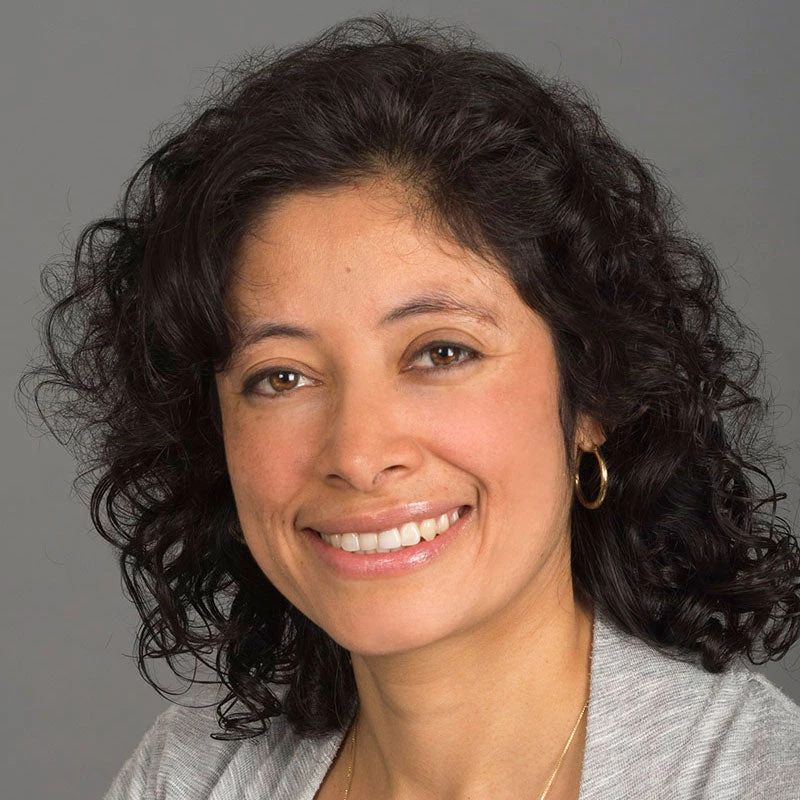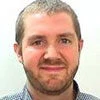
The National Bureau of Statistics (NBS) in collaboration with the World Bank’s Living Standards Measurement Study (LSMS) team launched the third wave (2015–16) of the Nigeria General Household Survey (GHS)-Panel in Abuja, on December 13, 2016.
The GHS-Panel survey is a nationally representative survey administered every 2–3 years, that covers a range of topics including demography, education, welfare, agriculture, health and food security. The data is collected in two visits: post-planting and post-harvest seasons. The survey follows the same households over time and collects a rich set of information, to allow for comprehensive time-series analyses that can help shape policies for a wide array of development sectors. Here are some interesting findings from the 2015–16 survey:
- Education: school enrollment among children aged 5–14 increased from 78.3% in 2013 to 81.2% in 2016.
- Access to mobile phone and internet: on average 88.7% of persons 10 years and older, have access to a mobile phone while 17.4% have access to the internet.
- Shocks: main shocks include increase in the price of food items (12.4% of households), followed by death or disability of a household member (5.7%) and increasing price for inputs (3.6%).
- Non-farm enterprises: over 67% of Nigerian households own and operate a non-farm activity, the most common being retail trade (59%), other personal services (10.2%) and land transport (9.4%).
- Agriculture: the most commonly grown crops are maize (48.3% of crop producing households), cassava (41.6%) and sorghum (39%).
Data from all three waves has been made freely available in order to spur government officials, independent researchers and donors to monitor living standards and formulate policies aimed at improving the lives of ordinary Nigerians.
To access the dataset, and documentation on the survey process and results, visit the Microdata Catalog: http://microdata.worldbank.org/index.php/catalog/2734/study-description
The survey is the result of a partnership between NBS, the Bill and Melinda Gates Foundation (BMGF) and the World Bank.




Join the Conversation